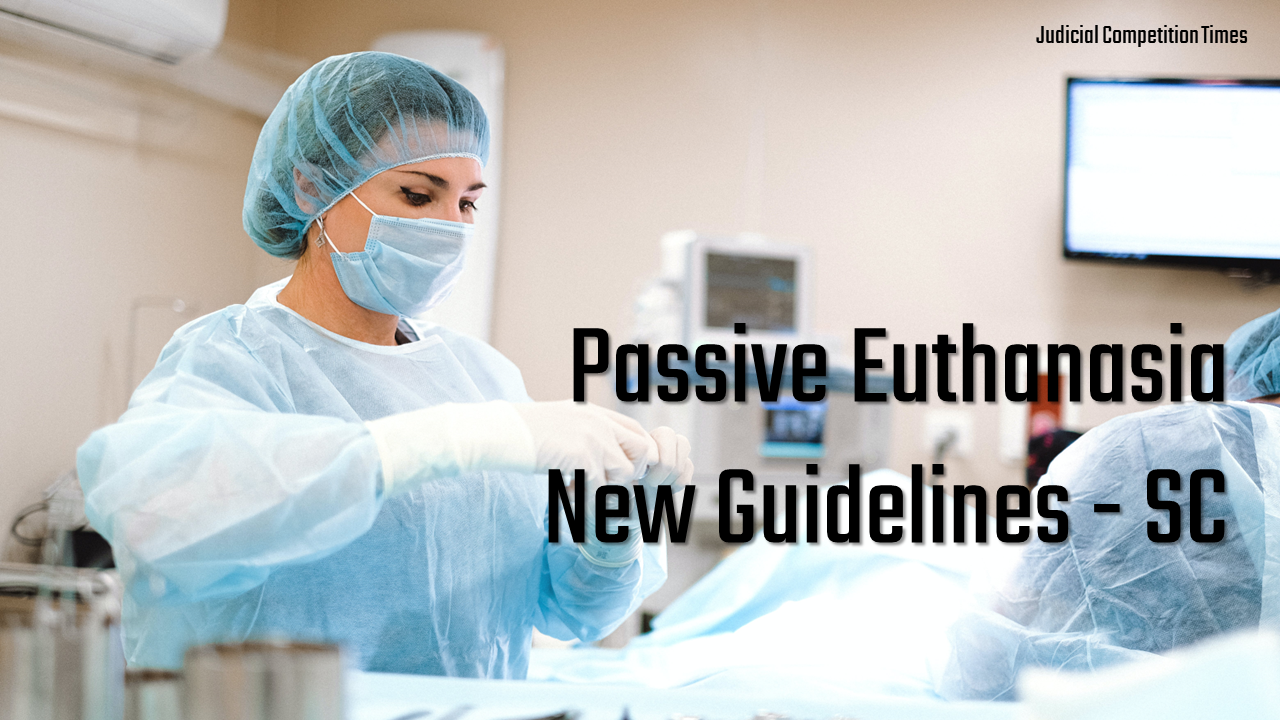
- Supreme Court of India
A five-judge Constitution Bench modified the 2018 Euthanasia Guidelines to ease the process of granting passive euthanasia to terminally ill patients. Passive euthanasia involves withholding treatment or artificial life-support for a terminally ill patient until the remainder of their life.
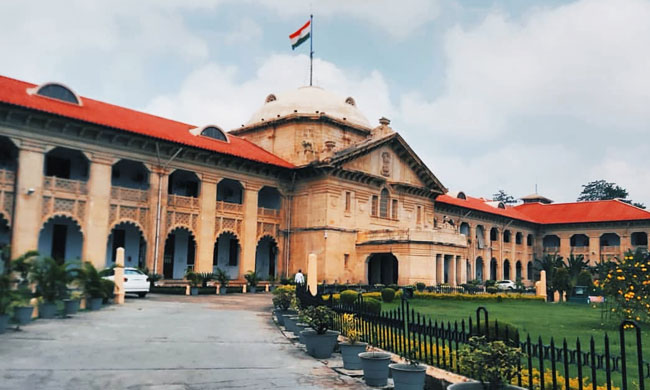
- ALLAHABAD HIGH COURT, UP
Held - Allahabad High Court Allowed 15% Fees Reduction in all Private And Public School During The Period Of Covid-19 For Session 2019-2020
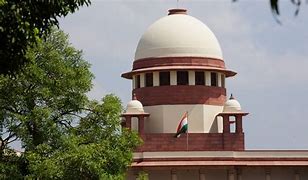
- Supreme Court of India
Criminal Complaint under section 2(d) Cr.PC can be amended before taking cognizance by the court.
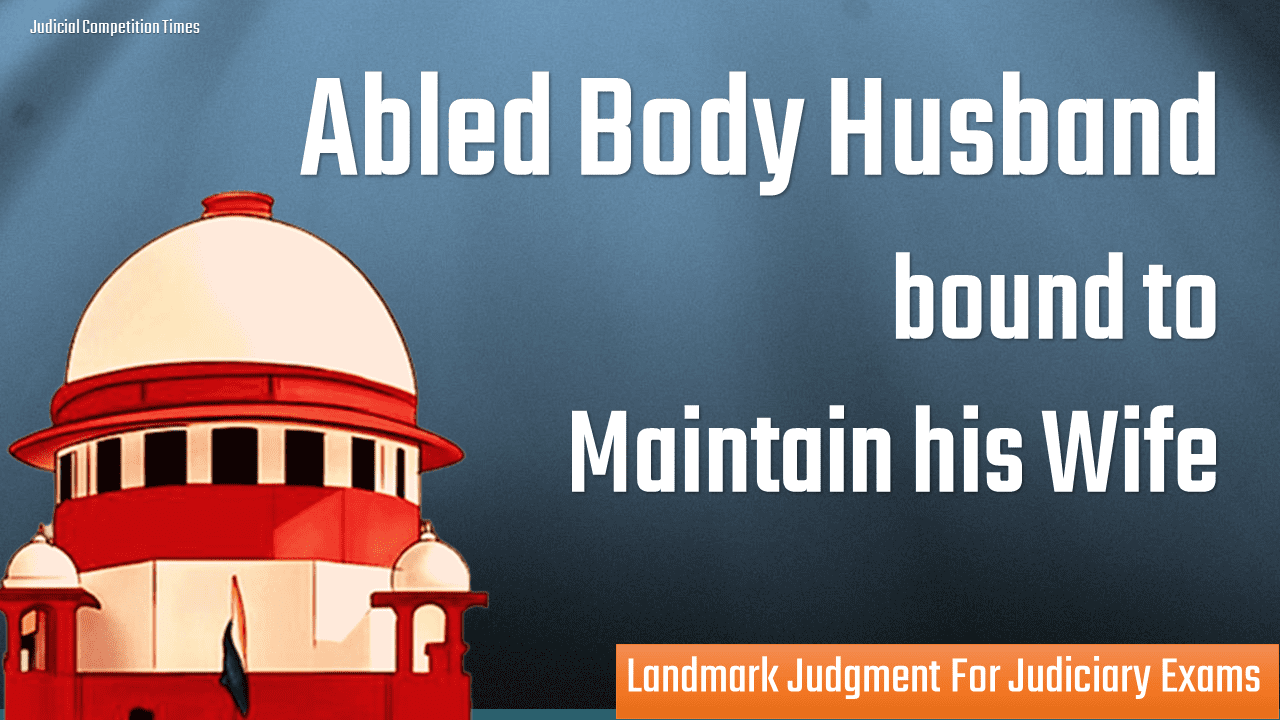
- Supreme Court of India
Abled body Husband is bound to maintain his wife not having sufficient means to maintain herself.
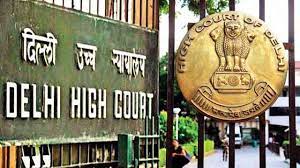
- DELHI HIGH COURT
Quashing of FIR under section 482 Cr.PC / Articles 226 of Constitution of India u/s 376, 377, 498 A of Indian Penal Code possible in matrimonial disputes
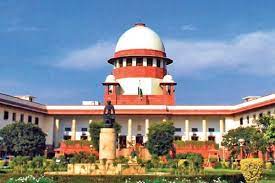
- Supreme Court of India
Para 29-The principles relating to the determination of the claim of juvenility under the Juvenile Justice Act 2015.
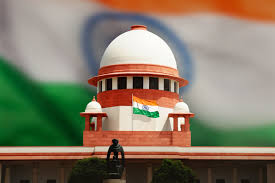
- SUPREME COURT OF INDIA
High Courts has a power to quash FIR of non-compoundable offences if it has no impact or depraving effect on the society at large, on the basis of a compromise between the accused and the victim or complainant.
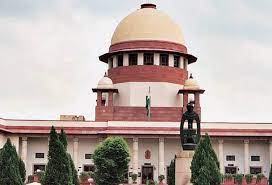
- Supreme Court of India
We caution the High Courts again against passing such orders of not to arrest or “no coercive steps to be taken” till the investigation is completed and the final report is filed, while not entertaining quashing petitions under Section 482 Cr.P.C. and/or Article 226 of the Constitution of India

- SUPREME COURT OF INDIA
Held - 15% fees reduction is allowed to all private and Public School during the period of Covid-19 for session 2019-2020
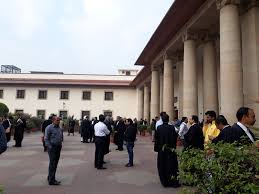
- Supreme Court of India
There was a failure of the High Court to discharge its adjudicatory function at two levels – first in declining to evaluate prima facie at the interim stage in a petition for quashing the FIR as to whether an arguable case has been made out, and secondly, in declining interim bail, as a consequence of its failure to render a prima facie opinion on the first. The High Court did have the power to protect the citizen by an interim order in a petition invoking Article 226. Where the High Court has failed to do so, this Court would be abdicating its role and functions as a constitutional court if it refuses to interfere, despite the parameters for such interference being met. The doors of this Court cannot be closed to a citizen who is able to establish prima facie that the instrumentality of the State is being weaponized for using the force of criminal law. Our courts must ensure that they continue to remain the first line of defense against the deprivation of the liberty of citizens. Deprivation of liberty even for a single day is one day too many. We must always be mindful of the deeper systemic implications of our decisions.
